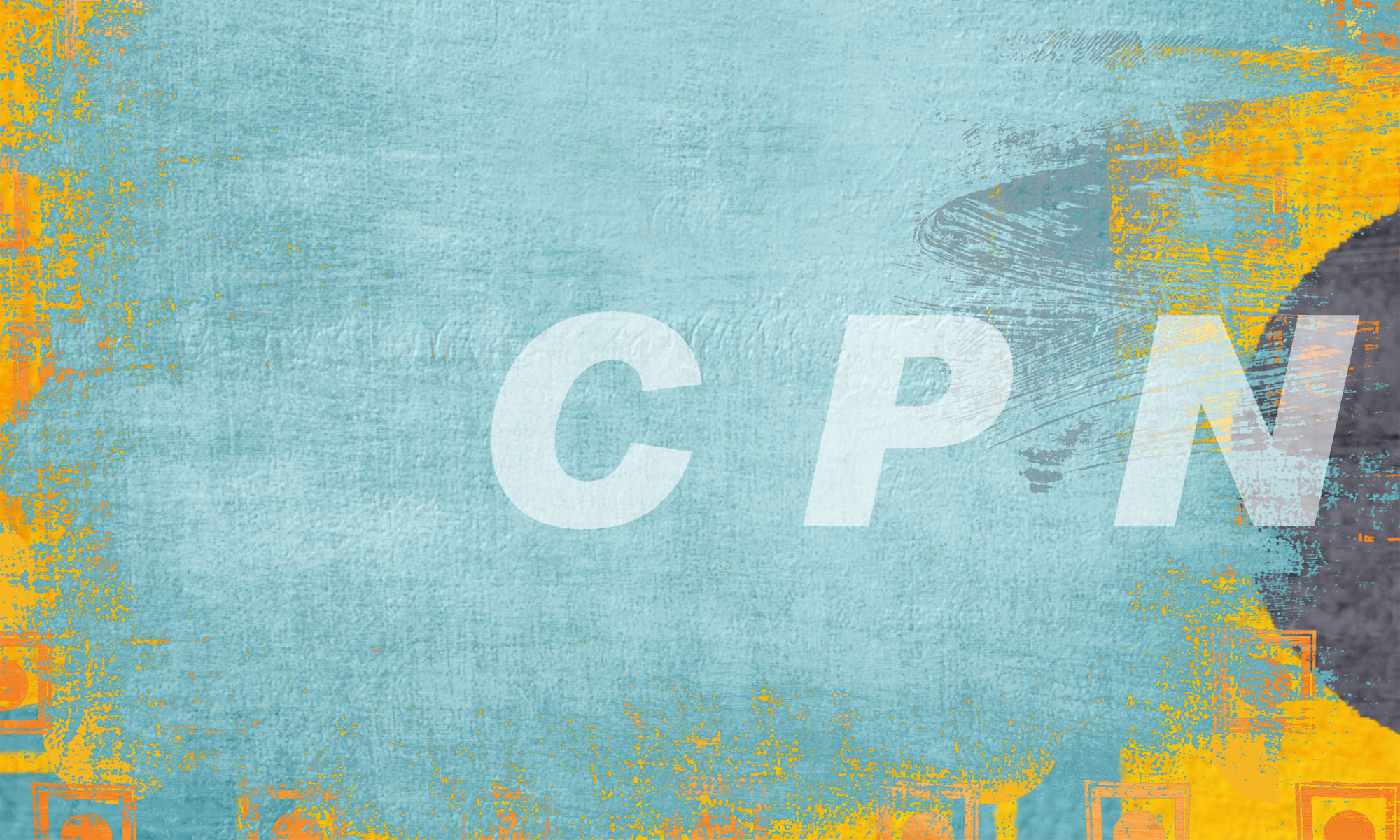
Civil rights attorney Oliver Hill is well known for the role he played in the landmark U.S. Supreme Court decisions that ended the doctrine of Guv,!E”separate but equalGuv,!Vkj and other forms of racial discrimination in the United States. One of the cases in which Hill was a key figure was NAACP v. Button. On its face, Button was a challenge to Virginia statutes defining and punishing attorney malpractice. The impact of the 1963 decision was, however, far greater. NAACP v. Button established the principle that active encouragement of public interest litigation is Guv,!E”speechGuv,!Vkj protected by the First Amendment Guv,!vDjnj a principle that was critical to civil rights litigation.
In February 2000, the Thomas Jefferson Center sponsored a conference at Howard University on the lasting impact of the decision. Prior to the conference, Center director Robert OGuv,!v,,uNeil interviewed Oliver Hill about NAACP v. Button and his involvement in the case. Hill was 93 years old at the time of the interview and his voice was sometimes weak, making it occasionally difficult to hear his comments. His mind was sharp, however, making it worth the effort of concentrating to hear his comments.

What a great interview…..as a native Virginian, I learned much about the environment my parents , Elsie and James , grew up in!!
This is an incredible interview, reminding us of several important points:
1. Any country, anywhere, can become a dictatorship by passing discriminatory laws, and this is something that needs the most vigilance of all. Is the USA today still a demcracy? Can South Africa truly be rated a democracy? Indeed they are; but, by passing the kinds of laws that they do, both are perilously close to dictatorship.
2. The challenging of such discrimination will always depend, not on democracy (after all, it was the democracy that instituted the dictatorship through its discriminatory laws!), but on the courage of those individuals who, protected by those same laws, are prepared to challenge them on behalf of those who are not.